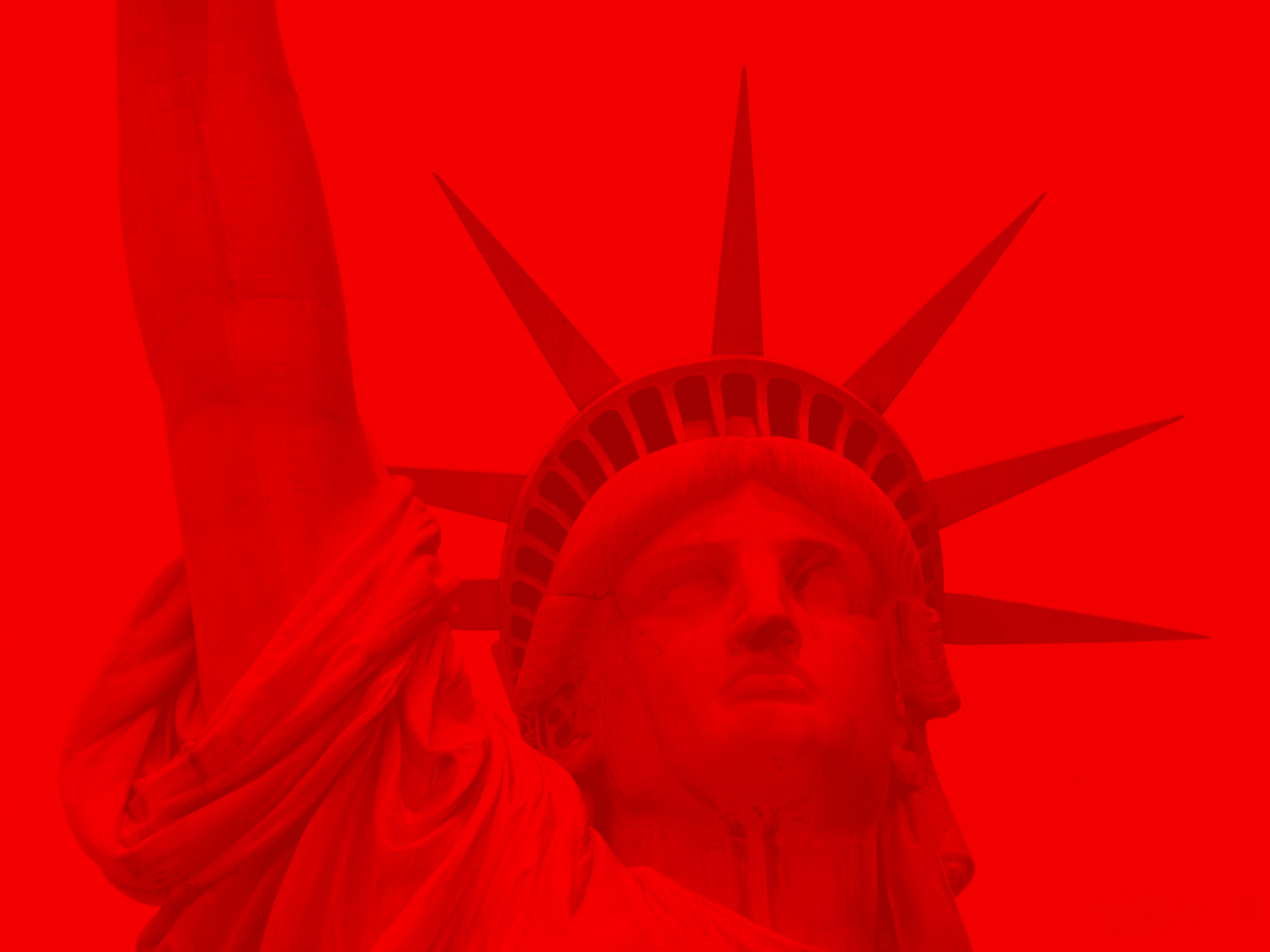Visegrad24 founder Stefan Tompson, Member of the European Parliament Dominik Tarczynski, and Ridvan Aydemir (“The Apostate Prophet”) gathered in central London the day after hundreds of thousands of British patriots took part in the Unite the Kingdom march on 13 September 2025.
The discussion centered on what had been said during the rally and why ordinary English citizens felt compelled to take to the streets. The march, framed as a protest against Prime Minister Keir Starmer and the British political elite, was led by a football supporter from Luton, Tommy Robinson, who rose to become a political activist and journalist.
A Turning Point
For years, Britain’s silent majority had felt marginalized, dismissed, or ignored by mainstream politics. But the sheer scale of the rally signaled a turning point: people were no longer willing to stay on the sidelines. Families, retirees, young people, and working-class citizens came together in a show of unity, sending a clear message to political elites: Britain’s future is a debate they intend to shape, not a stage on which elites alone dictate the rules.
The rally itself was unprecedented. Estimates suggest that between 110,000 and 150,000 people attended, with millions more watching online. Sky News highlighted the most striking aspect: "it's clear that simply writing off protesters as far right doesn't really capture what's going on either. The audience is too broad to fit just that label". Indeed, the majority of attendees were ordinary citizens, not extremists. Conversations among attendees before, during, and after the march revealed a mix of hope, fear, and determination - the realization that voices long ignored were now demanding attention.
Ridvan Aydemir reflected on the journey to the rally, noting that even while traveling to the venue, people in taxis and Uber rides were discussing it excitedly. Dominik Tarczynski, who spoke at the event, described it as “a miracle” for the political environment, a moment when years of ridicule and dismissal could no longer undermine a movement that had captured public attention.
Whitechapel and Tower Hamlets
The discussion turned to the city’s neighborhoods, where cultural shifts are most visible. Tompson and Aydemir reminisced walking through Whitechapel and Tower Hamlets in East London, describing what they saw as a stark transformation: Arabic signs, halal shops, and Palestinian flags dominating areas once known for traditional British life.
Aydemir remarked that while he admired what British culture had created, he felt much of it had been eroded in certain areas, giving way to a different cultural presence that, in his view, had not shared in or contributed to the values and achievements of the West. For him, the march was as much about resisting this sense of cultural displacement as it was about responding to political issues.
Christian Symbols
One of the rally’s most visually striking elements was the prevalence of crosses and Christian symbols. Speakers emphasized that these were expressions of identity, not political props. The message was clear: Britain’s freedoms, moral foundations, and even secular values are deeply rooted in centuries of Christian thought and tradition.
“This isn’t about using religion as a weapon,” Tarczynski said. “It’s about who we are. Our culture, our history, our science, our achievements - these are inseparable from the Christian foundations of the West.”
From Protest to Political Power
While the rally was a statement of solidarity, its leaders emphasized the need to convert street energy into political influence. Citizens were urged to vote, debate, and engage in public discourse. Charlie Kirk’s example was invoked as a reminder that disagreements should be met with dialogue, not violence. His death, described as a political assassination, was framed as a warning about the consequences of silencing free speech.
Speakers also criticized political elites living in affluent neighborhoods, arguing they are disconnected from the realities faced by ordinary citizens. Tarczynski drew comparisons with Brussels, highlighting areas plagued by rising crime and the challenges of integration, noting that decision-makers often remain insulated in “safe bubbles” far removed from everyday struggles.
The movement in Britain reflects broader trends across Europe. From Germany to France and Belgium, speakers drew parallels to demographic changes, mass migration, and the resulting political consequences. The message was urgent: ordinary citizens must no longer be silent. Participation in democracy, they argued, is not optional, it is essential to preserving cultural and civic identity.
The Road Ahead
The Unite the Kingdom march was more than a protest, it was a declaration of civic engagement. Thousands of citizens, motivated by concern for their culture, values, and children’s future, took to the streets. The silent majority is no longer silent. Britain is at a crossroads, and how ordinary citizens respond in the coming months will determine the shape of the nation for generations.
The key question remains: will this awakening stay on the streets, or will it reach the halls of power?


